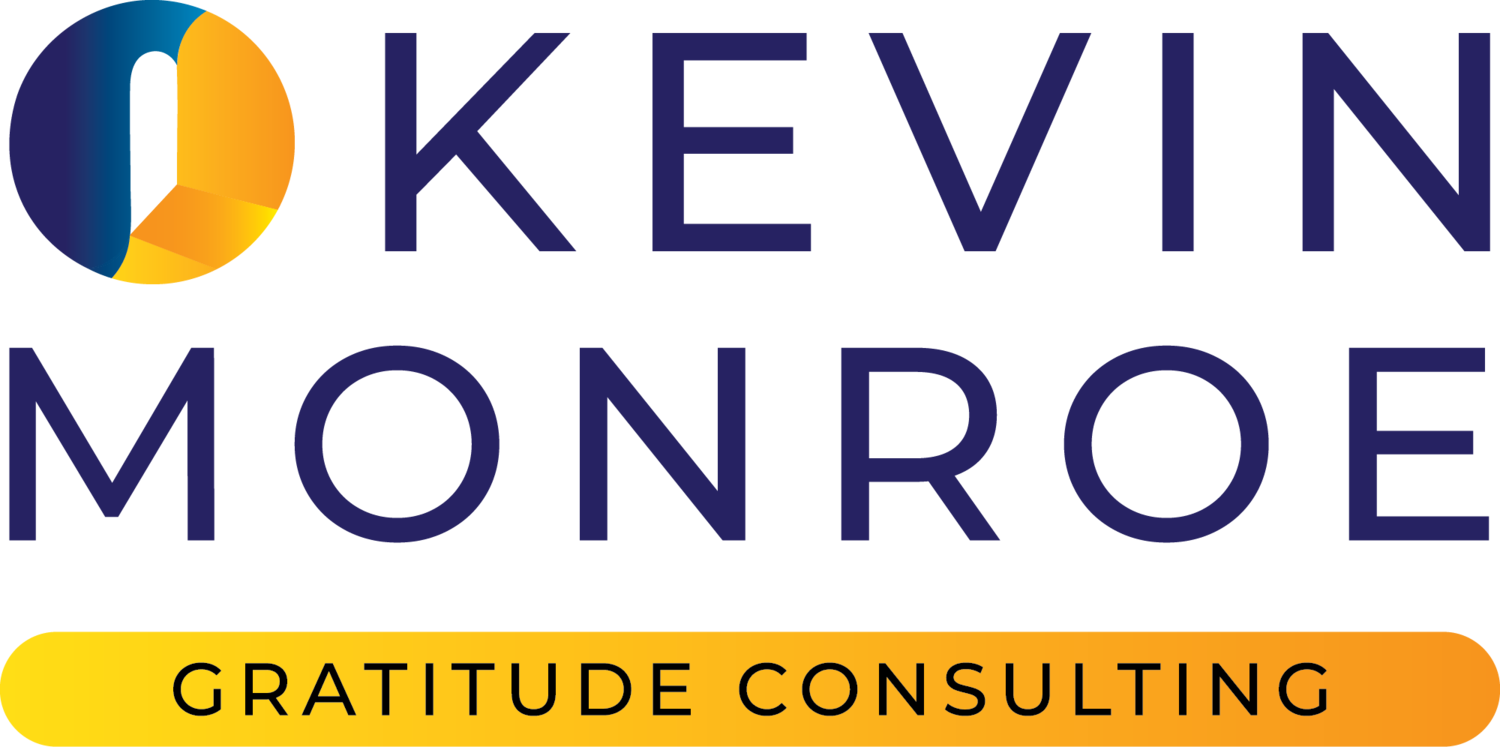Higher Purpose Podcast Episode 80: Making Work More Human with Renée Smith
What's needed to create HumansFirst workplaces and make work more human? Renée Smith serves as the Director of Workplace Transformation for Washington State as part of the Governor’s Results Washington Office. She leads the ‘Make Work More Human’ project, and she’s here to answer the question: “What’s love got to do with it?” Listen to the full episode here:
What are some of the developments you’ve seen relative to the Make Work More Human Project?
There has been a continuous growth of this movement, and people are embracing the big idea that people want less fear and more love in their lives -- work lives included. We flourish when we create more love in our workspaces, and making work more human-centered is the key to creating the kinds of organizations that prosper, both for people doing the work and the customers that we’re serving.
Renée shares two poignant encounters with people related to love — an exclamation of relief during a summit, and a sadness for years lost from an old gentleman, who had spent his entire career not thinking it was okay to be fully human.
What’s love got to do with it?
Love is the heart of the matter, even if people may not choose to use the word. Joy, gratitude, belonging, inclusion, respect, trust — these human experiences are wonderful, essential, and emanate from love.
The more brave and bold you become with using the word love, the more you invite other people to say, “You know, I actually as a human being want love in my life, both personally, and the versions of love that live squarely in my professional life.”
Renée shares stories about the different and concrete ways love shows up in the workplace. She underscores that listening is love in action. As leaders, the higher up we go in an organization, the greater our capacity and capability for love have to be.
What does it mean to be human-centered? (A workshop)
They run a workshop that guides people to explore the kinds of love that belong at work. During the workshop, different kinds of love are assigned at the tables (kindness, empathy, compassion, respect, inclusion, belonging, and trust) and people are invited to share stories and have dialogues about them. They come away with their own definitions of that kind of love, and the benefits that come to them as an individual, to their team, to their customers, and to the work.
What people come away realizing is that they’ve already experienced love at work. Here are all the different forms it shows up in. It’s not weird. It’s not squishy. It’s normal.
Love when it’s difficult
You can discipline the human way and resist the harshness that you’ve seen, or maybe even experienced, in the past. When having to tell someone that you can’t keep them in their position, for example, you don’t have to wall your humanity off in those moments and put up a shell. Leaders have to be in a space of emotional discomfort in the moment and be real. Being real helps them move along and you shouldn’t sacrifice your humanity.
The business value of love
Love changes how you interact with your team and how people behave from day to day. Go from being hesitant to becoming more centered and comfortable. From that comfort comes the ability to communicate, a sense of inclusion, and being able to argue and disagree in a healthy way to come up with better solutions. It’s all around being able to do better work.
Final thoughts
Don’t be afraid of love, and don’t be afraid to put that into action. It’s what we need to be fully ourselves and to bring our best selves into the world.
Join the conversation
How do you feel about love at work? Join me in the Higher Purpose Community or on Twitter, or you can email me at kevin@higherpurposepodcast.com - or pick up the phone and call me at (678) 744-5111.
Resources
Make Work More Human (Website)
Radical Loving Care: Building the Healing Hospital in America by Erie Chapman (Amazon)
Chief Joy Officer: How Great Leaders Elevate Human Energy and Eliminate Fear (Amazon)
